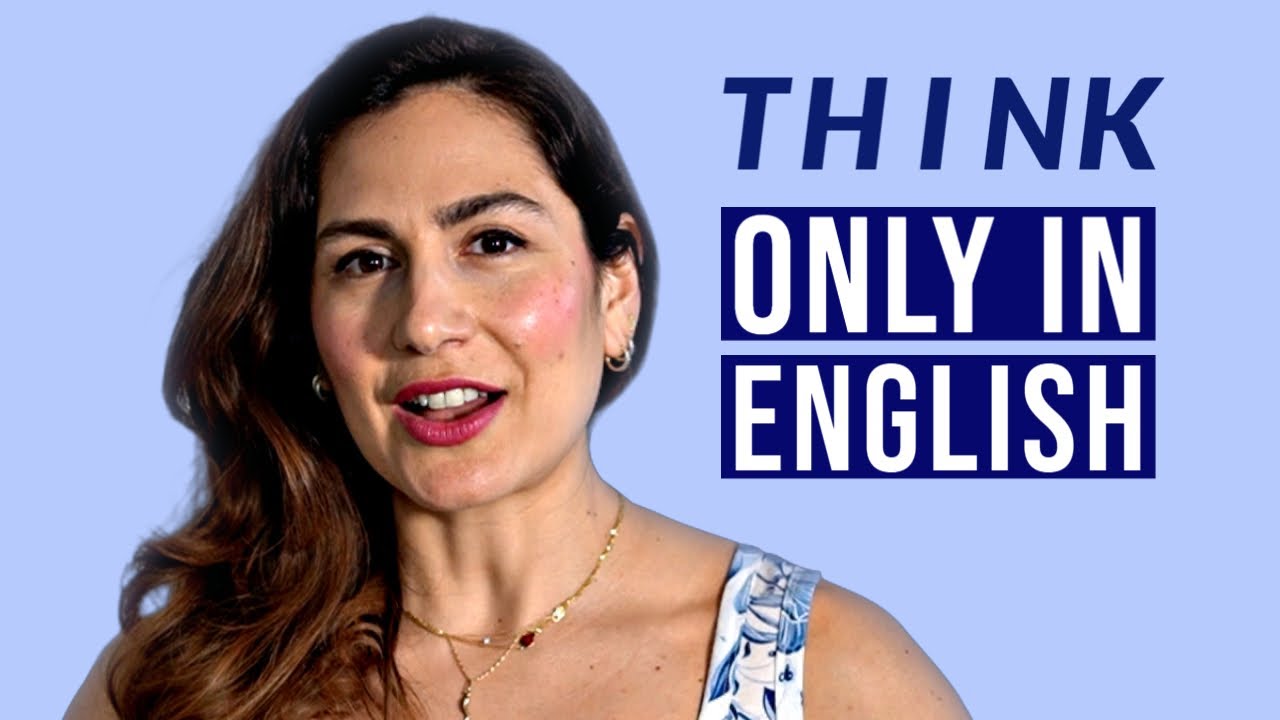THINK in ENGLISH *no translating in your head* 4 Exercises for English FLUENCY
If you want to improve your English fluency, you need to start thinking in English. These four strategies to help train your brain to think in English will help you improve your English communication skills. And the best part is, it does not involve any translating in your head!
And don't forget to check out our website for the writeup and podcast of this lesson:
ENROLL IN OUR WEB COURSES (FREE trial included): 👇
🏆Acing Online Interviews:
🏆Group Interviews:
🏆Online Teamwork:
🏆Remote Work:
#marydaphne #advancedenglish #englishlesson #confidentenglish #speakenglish


